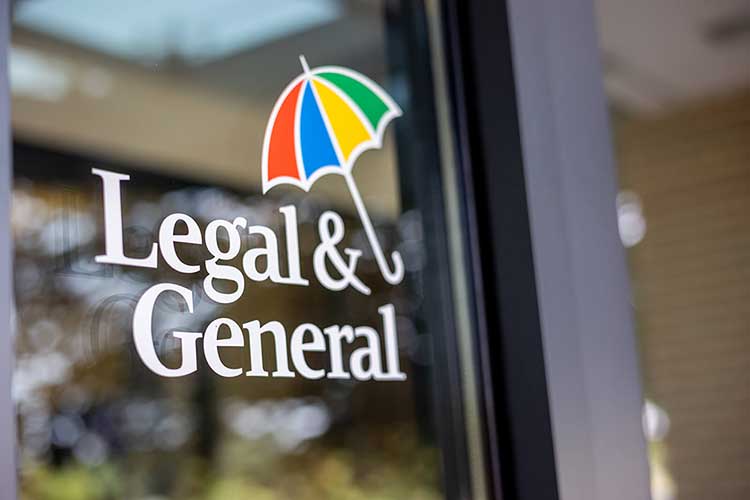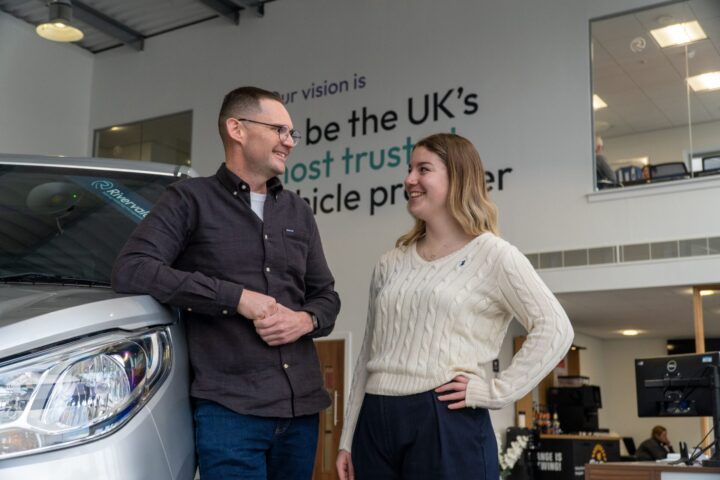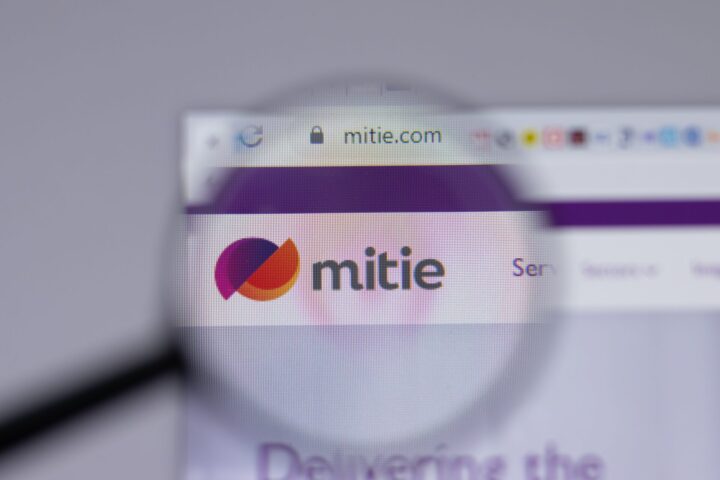Legal & General’s Group Protection business has released the latest instalment of its third Chief Medical Officer (CMO) report, revealing that eight in 10 employees referred to its cancer support return-to-work programme have successfully resumed their roles after long-term absence.
The findings underscored the growing impact of technology-led partnerships in managing serious health-related work absences.
Focusing on two of the most frequent Group Income Protection (GIP) claims – cancer and mental health -the report highlighted the tangible outcomes of L&G’s collaboration with specialist partners.
For cancer patients, the return-to-work programme involves a close partnership between L&G’s in-house Vocational Rehabilitation Clinicians and Perci Health, a virtual clinic offering multidisciplinary cancer support.
This initiative targets not just the physical recovery but also the psychological and practical challenges faced by employees undergoing or recovering from cancer treatment.
Mental health support has also shown promising results.
L&G reported that 75% of those referred to its psychological therapy partner Onebright demonstrated marked improvement, transitioning from severe anxiety or depression to only mild symptoms by the time of discharge.
This is based on self-assessed measures PHQ9 and GAD7. Onebright clinicians work in tandem with L&G’s vocational experts to tailor recovery plans that align with employees’ readiness and goals for re-entering the workforce.
The insurer’s wider strategy was also delivering consistent outcomes.
According to L&G’s report, 92% of employees with mental health-related GIP claims were able to return to work during the deferred period, which typically spans six months from the start of an absence.
L&G attributed these results to its holistic, person-centred framework, Be Well. Get Better. Be Supported., which promotes the concept of ‘good work’ as a cornerstone of health and recovery.
Dr Tarun Gupta, chief medical officer, UK protection, retail at L&G, said: “Technology brings huge value to long-term absence management.
“It helps us reach even more people, supporting workplace inclusion goals, plugging gaps in healthcare provision, bringing much-needed support to employees, shortening absences and rebuilding hope, confidence and self-esteem.”
Vanessa Sallows, claims and governance director, group protection, retail at L&G, said: “The beauty of our partnership programmes lies in the fact that the tech solutions we advocate, complement the human touch, not replace it. And the results speak for themselves.
“Our ongoing goal now is to support even more employers to shift from reactive to proactive absence management, in terms of intervening early, staying in touch with absent employees, and viewing good work as beneficial to health; an important part of the recovery journey.”

















